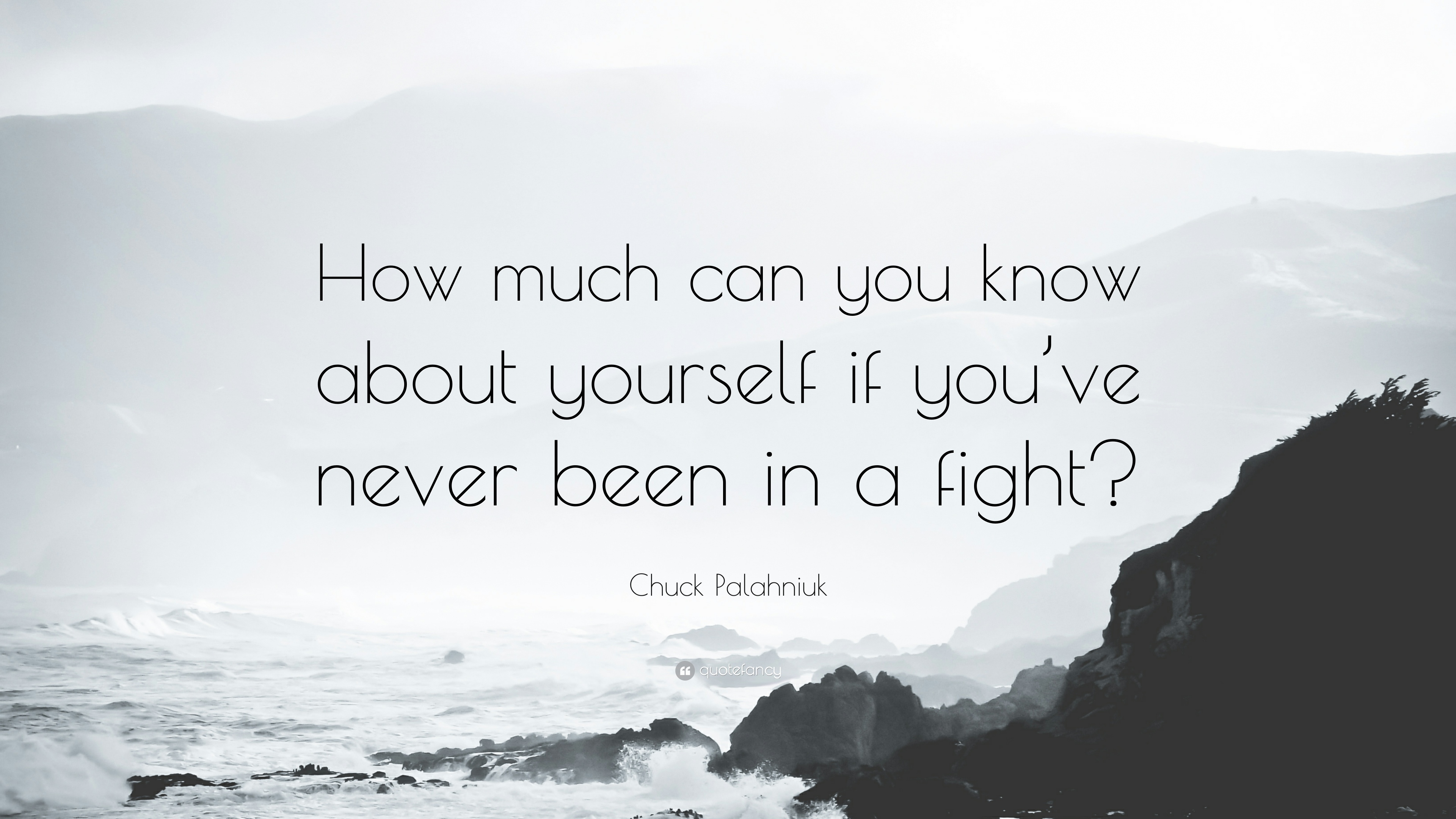We keep showing up and being an excellent boy or girl – and we can pull this magical feat off for up to decades at a time, without so much as an outward twitch or crack. Until, suddenly, one day, much to everyone’s surprise, including our own, we break.
One of the great problems of human
beings is that we’re far too good at keeping going. We’re experts at
surrendering to the demands of the external world, living up to what is
expected of us and getting on with the priorities as others around us define them.
We keep showing up and being an excellent boy or girl – and we can pull this
magical feat off for up to decades at a time, without so much as an outward
twitch or crack.
Until, suddenly, one day, much to everyone’s surprise, including our own, we
break. The rupture can take many forms. We can no longer get out bed. We fall
into a catatonic depression. We develop all-consuming social anxiety. We refuse
to eat. We babble incoherently. We lose command over part of our body. We are
compelled to do something extremely scandalous and entirely contrary to our
normal selves. We become wholly paranoid in a given area. We refuse to play by
the usual rules in our relationship, we have an affair, ramp up the fighting –
or otherwise poke a very large stick in the wheels of day-to-day life.
Breakdowns are hugely inconvenient for everyone and so, unsurprisingly, there
is an immediate rush to medicalise the problem and attempt to excise it from
the scene, so that business as usual can restart.
But this is to misunderstand what is going on when we break down. A breakdown
is not merely a random piece of madness or malfunction, it is a very real –
albeit very inarticulate – bid for health. It is an attempt by one part of our
minds to force the other into a process of growth, self-understanding and
self-development which it has hitherto refused to undertake. If we can put it
paradoxically, it is an attempt to jumpstart a process of getting well,
properly well, through a stage of falling very ill.
The danger, therefore, if we merely medicalise a breakdown and attempt to shift
it away at once is that we will miss the lesson embedded within our sickness. A
breakdown isn’t just a pain, though it is that too of course; it is an
extraordinary opportunity to learn.
The reason we break down
is that we have not, over years, flexed very
much. There were things we needed to hear inside our minds that we deftly put
to one side, there were messages we needed to heed, bits of emotional learning
and communicating we didn’t do – and now, after being patient for so long, far
too long, the emotional self is attempting to make itself heard in the only way
it now knows how. It has become entirely desperate – and we should understand
and even sympathise with its mute rage. What the breakdown is telling us above
anything else is that it must no longer be business as usual – that things have
to change or (and this can be properly frightening to witness) that death might
be preferable.
Why can’t we simply listen to the emotional need calmly and in good time – and
avoid the melodrama of a breakdown? Because the conscious mind is inherently
lazy and squeamish and so reluctant to engage with what the breakdown
eventually has to tell it with brutality. For years, it refuses to listen to a
particular sadness; or there is a dysfunction in a relationship it is in flight
from or there are desires it sweeps very far under the proverbial carpet.
We can compare the process to a revolution. For years, the people press the
government to listen to their demands and adjust. For years, the government
makes token gestures but shuts its ears – until one day, it is simply too much
for the people, who storm the palace gates, destroy the fine furnishings and
shoot randomly at the innocent and the guilty.
Mostly, in revolutions, there is no good outcome. The legitimate grievances and
needs of the people are not addressed or even discovered. There is an ugly
civil war – sometimes, literally, suicide. The same is true of breakdowns.
Yet a good mental physician tries hard to listen to rather than censor the
illness. They detect within its oddities a plea for more time for ourselves,
for a closer relationship, for a more honest, fulfilled way of being, for
acceptance for who we really are sexually…. That is why we started to drink, or
to become reclusive or to grow entirely paranoid or manically seductive.
A crisis represents an appetite for growth that hasn’t found another way of
expressing itself. Many people, after a horrific few months or years of
breakdown, will say: ‘I don’t know how I’d ever have gotten well if I hadn’t
fallen ill’.
In the midst of a breakdown, we often wonder whether we have gone mad. We have
not. We’re behaving oddly no doubt, but beneath the surface agitation, we are
on a hidden yet logical search for health. We haven’t become ill; we were ill
already. Our crisis, if we can get through it, is an attempt to dislodge us
from a toxic status quo and an insistent call to rebuild our lives on a more
authentic and sincere basis.

